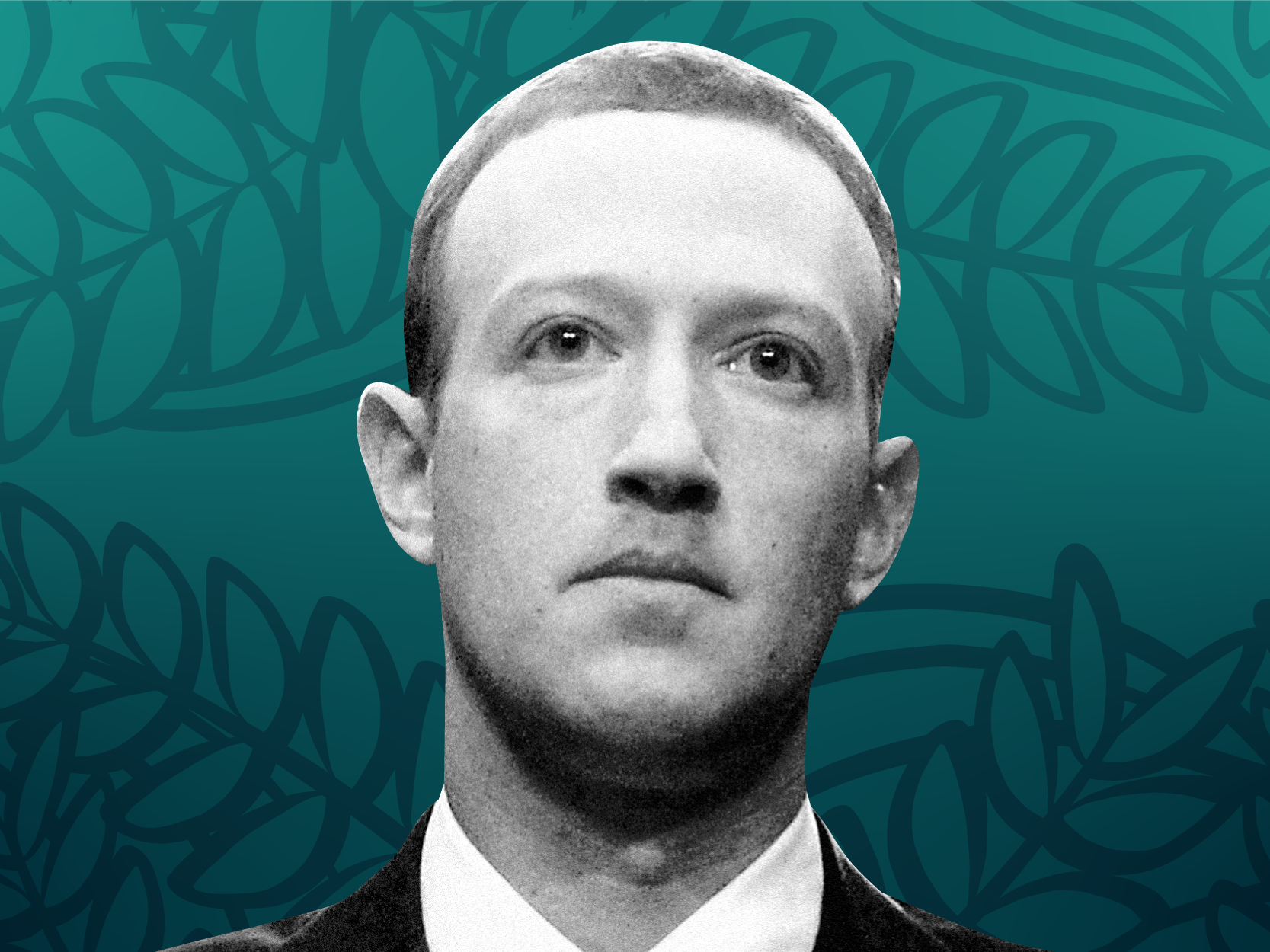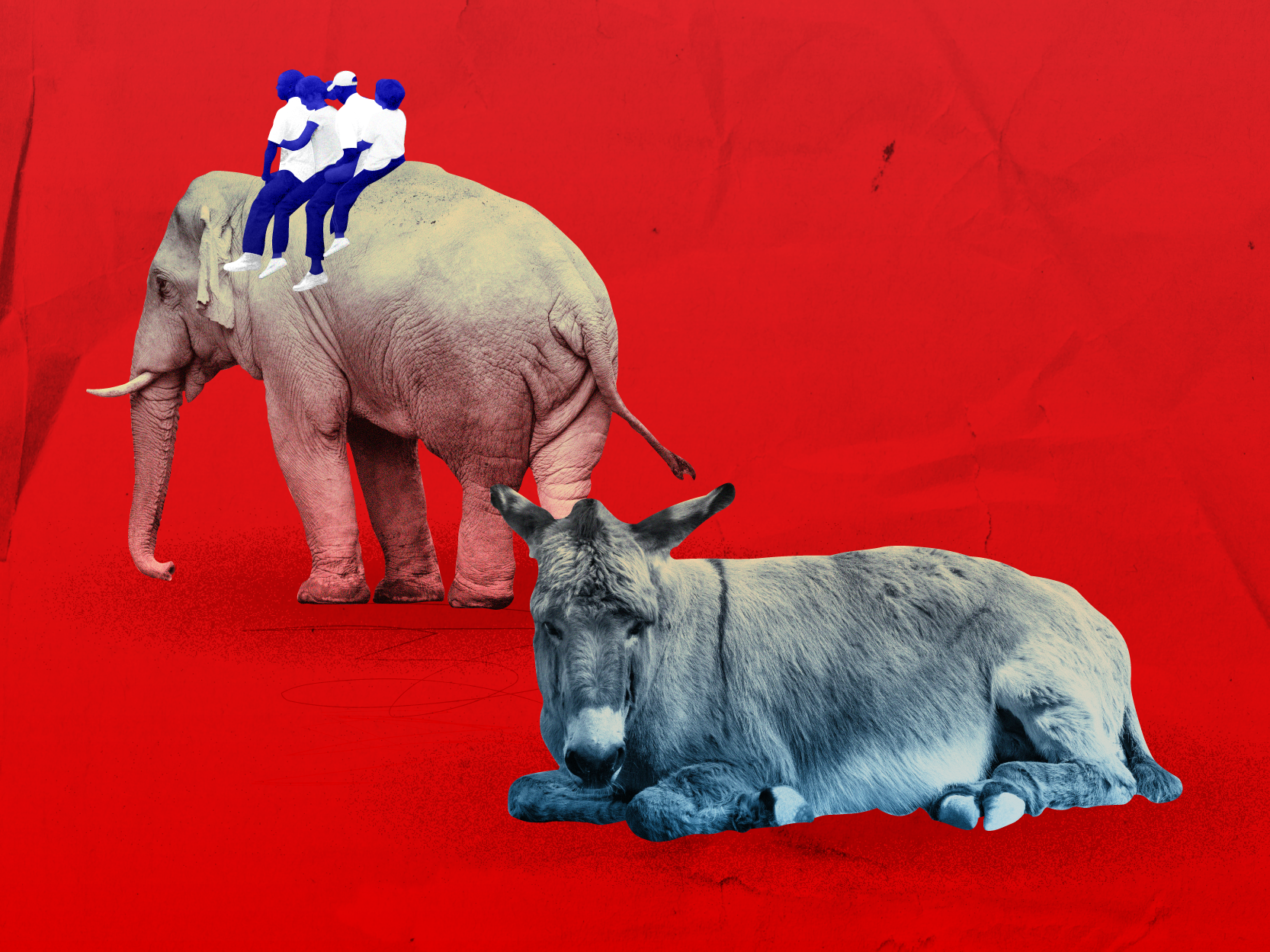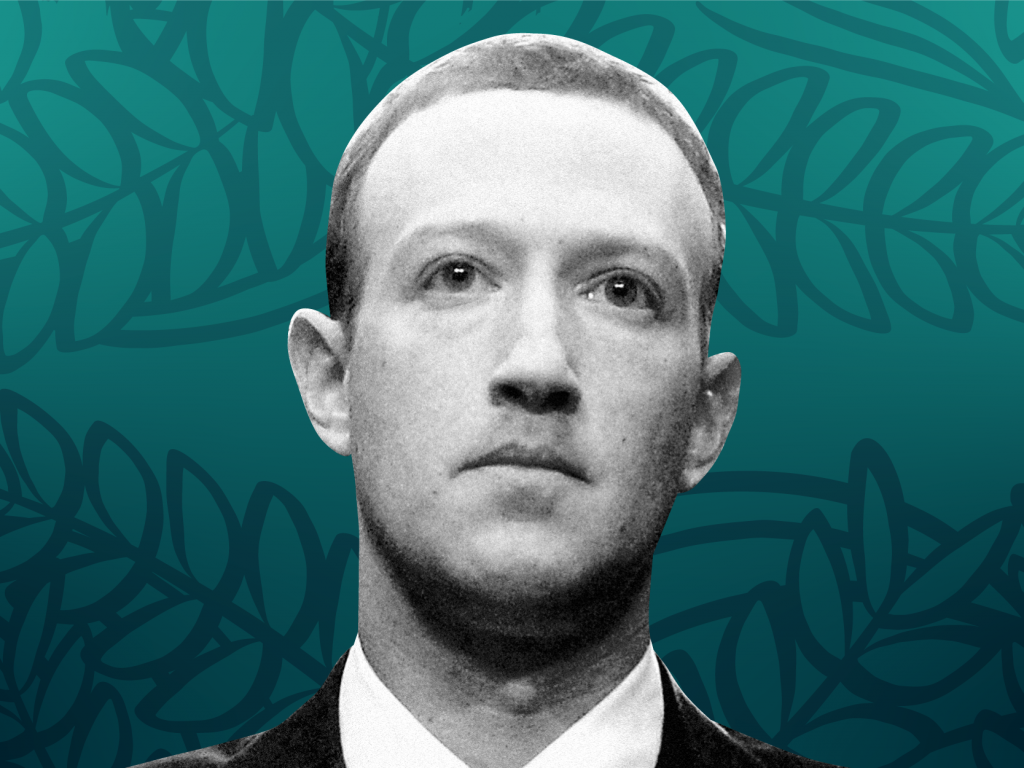Welcome back to Insider Weekly! I'm Matt Turner, the editor-in-chief of business at Insider.
You might know a little about Mark Zuckerberg's Hawaiʻi estate thanks to the videos the Facebook cofounder has posted of himself shooting arrows and throwing spears there. Or maybe you remember the famous sunscreen-clad hydrofoil surfing session nearby.
But as Tyler Sonnemaker reported this week, there's more to the story of Zuckerberg's nearly 1,400-acre Kauaʻi estate than your typical tropical billionaire playground.
In a visually stunning project showcasing the natural beauty that drew Zuckerberg to the island, Tyler's story explains how Zuckerberg's estate there reflects a broader story of the dispossession of Native Hawaiians. Read on for a Q&A with Tyler, and to check out the project, complete with drone footage, illustrations, maps, and audio pronunciations of Hawaiian phrases.
Also in this week's newsletter:
- Sophie Schmidt launched the tech publication Rest of World with big ambitions and a promise of $60 million in funding. But insiders say there have been growing pains and internal turmoil.
- Democrats should have Gen Z and millennial voters in the bag. But now the party is at risk of losing them.
- Your workers are getting poached. McKinsey has a solution for employers to keep that from happening.
Let me know what you think of all our stories at [email protected]
Subscribe to Insider for access to all our investigations and features. New to the newsletter? Sign up here. Download our app for news on the go – click here for iOS and here for Android.
Inside the controversy over Zuckerberg's Hawaiʻi estate

Reporter Tyler Sonnemaker takes us behind the scenes of his deep dive into the clash over Mark Zuckerberg's Koʻolau Ranch.
What prompted you to look into the controversy over Mark Zuckerberg's Kauaʻi estate?
I knew that Zuckerberg filed these controversial lawsuits a few years back. But as a newcomer to Hawaiʻi myself, I had been learning about this devastating history of how Native Hawaiians got kicked off their land.
So when Zuckerberg bought more land in March, I was curious how it ended up in his hands. After stumbling into this rabbit hole, I discovered that every single of one of his properties reflected a different way in which Hawaiians were dispossessed.
What should readers take away from your reporting?
We have a lot to learn about how to share and take care of the limited land we have, and Indigenous peoples who know the land so intimately have a lot to teach us.
As the world becomes hotter and more crowded, I hope people continue to hold these new land barons accountable for how they use this precious resource — whether Bill Gates in Washington, Elon Musk in Texas, or Larry Ellison, Steve Case, and Zuckerberg in Hawaiʻi.
This is a visually stunning, in-depth, multimedia piece of journalism. What went into producing this?
Our graphics team custom-built beautiful and engaging visual elements, a bunch of editors helped me wrangle all this information into a compelling narrative, and multiple freelancers helped us capture video, record audio, and ensure we accurately portrayed Hawaiian history and culture.
Also, the dozens of Hawaiians and Hawaiian experts — Zuckerberg's neighbors, legal experts, local farmers, and others — who shared their time and knowledge really helped inform this story.
Read the full report here:
Growing pains at a high-profile multimillion-dollar publication

Sophie Schmidt, the daughter of the former Google exec Eric Schmidt, started Rest of World with big ambitions and a $60 million promise of funding. It's a nonprofit newsroom that aims to cover the global tech stories that other media outlets miss.
But former staffers told Insider about growing pains. They spoke of tensions over editorial processes and vision and a lack of diversity among writers — accusations that Schmidt has disputed.
Here's how Schmidt is addressing issues — and looking to the future
The Democratic Party's fight for young voters

Millennials and Gen Z voters are supposed to be shoo-ins at the ballot boxes for the Democratic Party. Most young people are progressive-minded on current political issues. But recent developments reveal a different story.
Republicans have swept a host of recent races across the country, campaigning against vaccine mandates and the threat of cancel culture — issues that loom large for young adults and college students.
Here's how Democrats could lose out on Gen Z and millennial voters
McKinsey knows how you can stop your staffers from getting poached

More and more employees are prioritizing their physical and emotional health, but organizations aren't keeping up with those needs. The companies that do are poaching staffers and giving people options of where to work.
New research from the consulting giant McKinsey says employers can slow attrition with a little more love and a better understanding of how to facilitate improved work-life balance in a time when staff expectations have shifted.
See what the new McKinsey report recommends to employers
More of this week's top reads:
- Inflation is on the menu for Thanksgiving dinner this year.
- Leaked Microsoft pay data revealed the salaries of hundreds of software engineers. See the median pay package here.
- The Elizabeth Holmes trial continues to rage on — and the defense just got served.
- Amazon's Go cashierless-store technology used to cost a lot. But the tech giant has slashed its costs by 96% since 2017.
- Curious how to make and sell nonfungible tokens? Here are five tips to enter the growing market.
- To work with JPMorgan's ultrawealthy clients, aspiring advisors go through rigorous training that involves role-playing and taped voicemails. Here's what it's like.
- This PAC was founded to "turn out" Democrats, but most of the money went back to a firm with the same founder.
Compiled with help from Phil Rosen.
